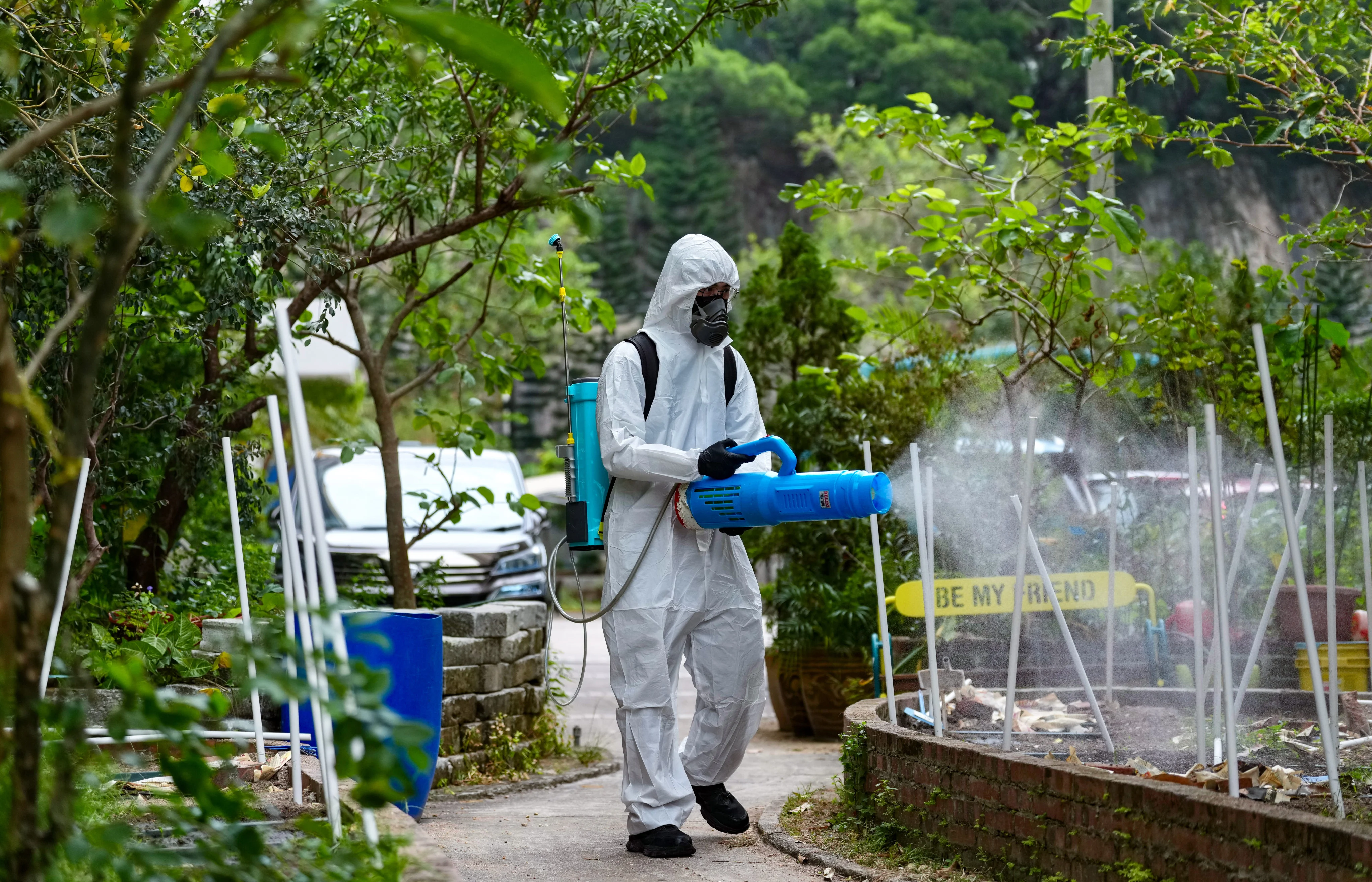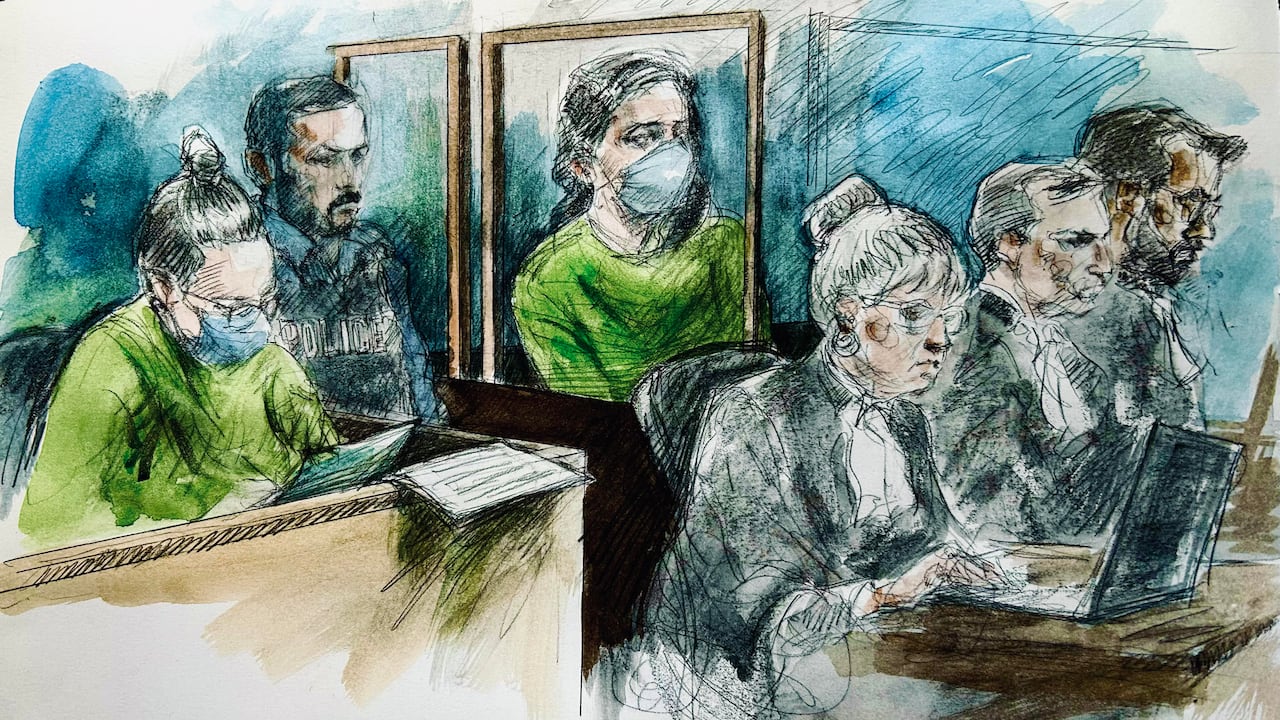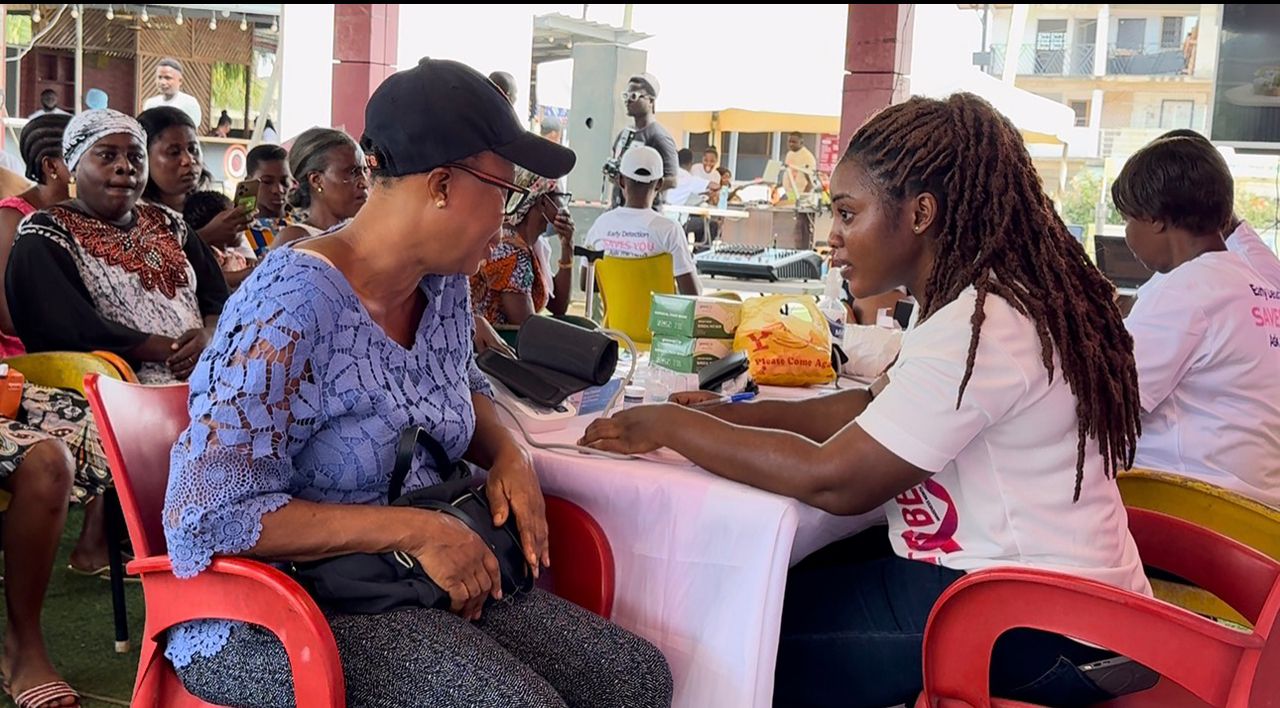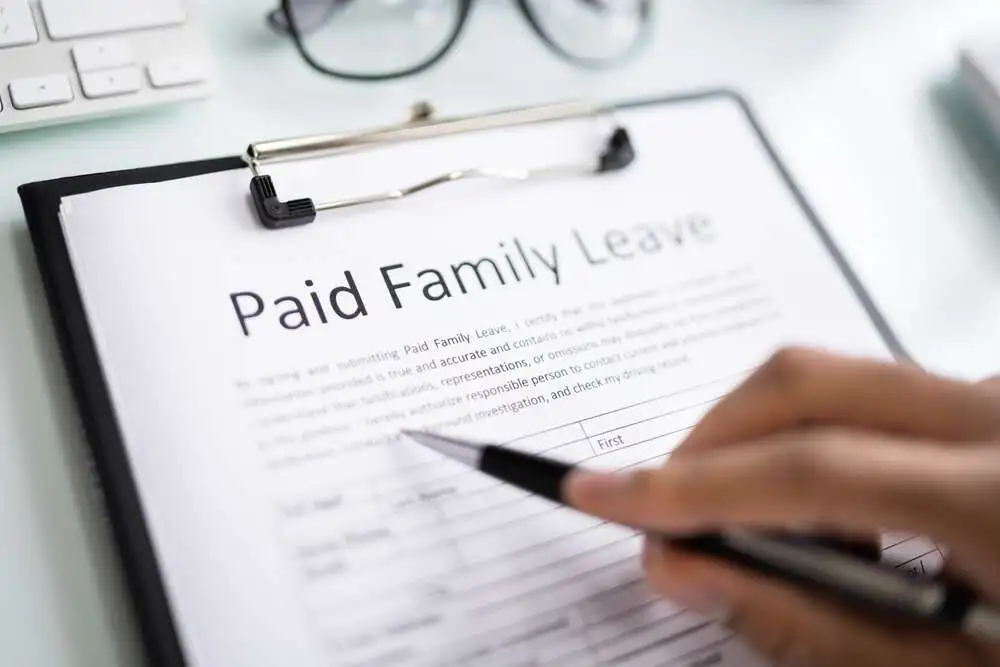Copyright scmp

Hong Kong reported two imported cases of chikungunya on Saturday, both of whom were hospitalised and are now in stable condition, bringing the total number of cases this year to 54, according to health authorities. The first case involved a 32-year-old woman living in Sha Tin who had travelled to India between October 9 and 23. She developed a rash and joint pain on the last day of her trip, followed by a fever the next day. She first consulted a private doctor on October 29 and later went to the accident and emergency department at Prince of Wales Hospital in Sha Tin, where she was admitted the same day and had been receiving treatment in a mosquito-free environment, the Department of Health said. The second patient is a 32-year-old man who travelled to Macau and Zhuhai with three family members between October 4 and 5. He developed a fever on October 28, followed by a skin rash and significant joint pain in his hands and feet the next day. The Central and Western district resident first sought medical help at a private hospital and was later admitted to Queen Mary Hospital on Friday, where he is also being treated in a mosquito-free environment. “Although the incubation period for chikungunya fever is generally within two weeks, some infected individuals may experience very mild initial symptoms that go unnoticed,” a government spokesman said, noting that the patient had travelled to an area affected by chikungunya fever about three weeks before the onset of symptoms. The spokesman added that the patient had not visited the area around Fung Tak Estate in Wong Tai Sin after returning to Hong Kong, where a local case had been detected, and that this was why the possibility of overseas infection was not ruled out. Of the 54 recorded cases of chikungunya so far this year, 52 were imported, with the rest locally acquired. No additional local cases had been detected in the city as of 5pm on Saturday, the government said. More than 40 countries and regions have reported more than 400,000 cases and 155 deaths this year up to September 30, with infections spread across the Americas, Africa, Asia and Europe. The government stressed that the fatality rate remains below 0.1 per cent. Those aged over 65, infants under one year old, pregnant women and people with chronic illnesses may take longer to recover from chikungunya and could develop complications. The government urged anyone who developed symptoms – particularly fever, joint pain or rashes – after visiting areas affected by the virus to seek medical advice promptly.



